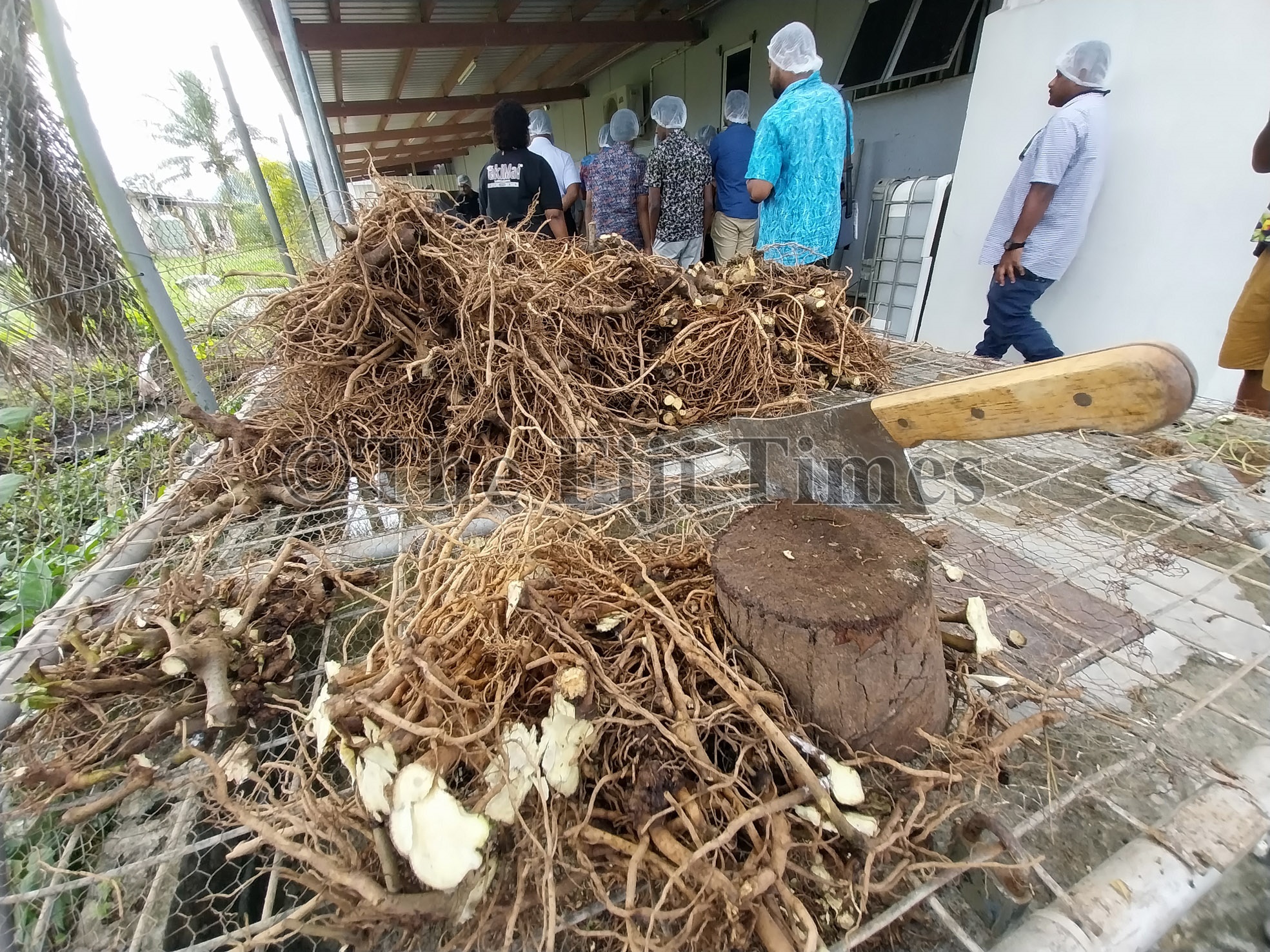Fiji’s kava industry raked in $40.6 million last year, making the sector a major export earner and a significant contributor to the GDP.
This was highlighted by Assistant Agriculture Minister Tomasi Tunabuna at the launch of the kava research partnership between the Pacific Horticultural and Agricultural Market Access (PHAMA) Plus and the Fiji National University with support from the governments of Australia and New Zealand.
He said the important research with PHAMA Plus would provide kava consumers, producers, and exporters important information on the kava lactone content for product and industry development, and improve the industry’s economic viability.
“This is a new and important research area that will provide kava consumers, producers, and exporters with scientific data on the kava lactone content of different varieties, the effect of soil type and climatic conditions on kava lactone content, and peak age at which the plants will have maximum lactone content,” Mr Tunabuna said.
He said kava was not only a traditional, ceremonial, and social drink in Fiji but also a product that contributed to social and economic development.
“It provides employment, alleviates poverty, and increases livelihood.”
In 2022, 430 exporters from the Pacific countries shipped 147,506kg of kava to Australia under the Commercial Kava Pilot, with Fiji exporting 52,197kg at a value of $4.5 million.
Mr Tunabuna said the Government recognised that much work remained to be done, considering the significant role of the industry in food security, income generation, employment, rural development, and economic diversification.
The Government allocated $400,000 in the 2023-2024 National Budget to support rural communities with planting materials, pounding machines, drying facilities, farmhouses, and nurseries.



